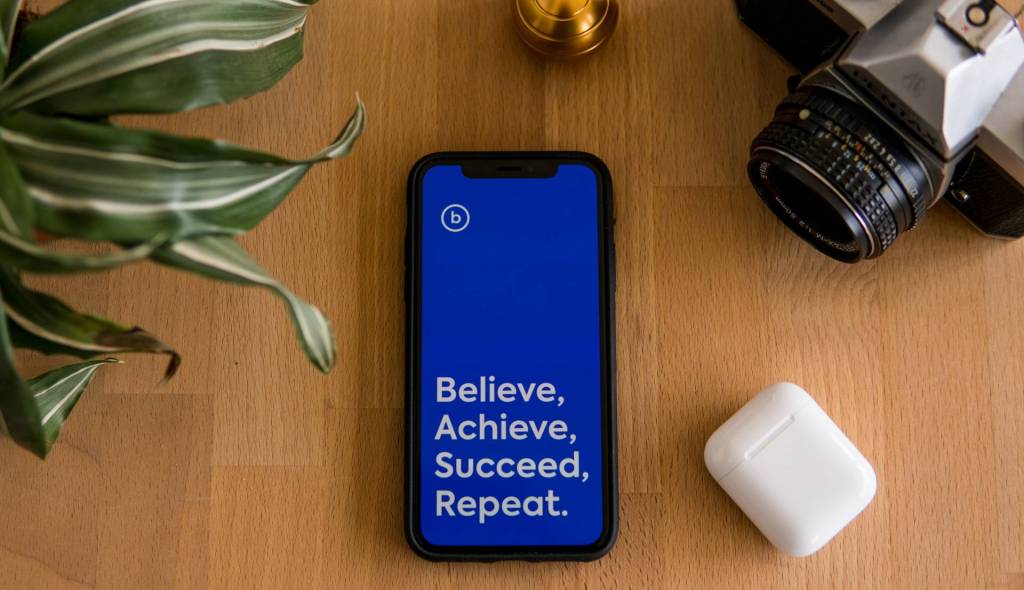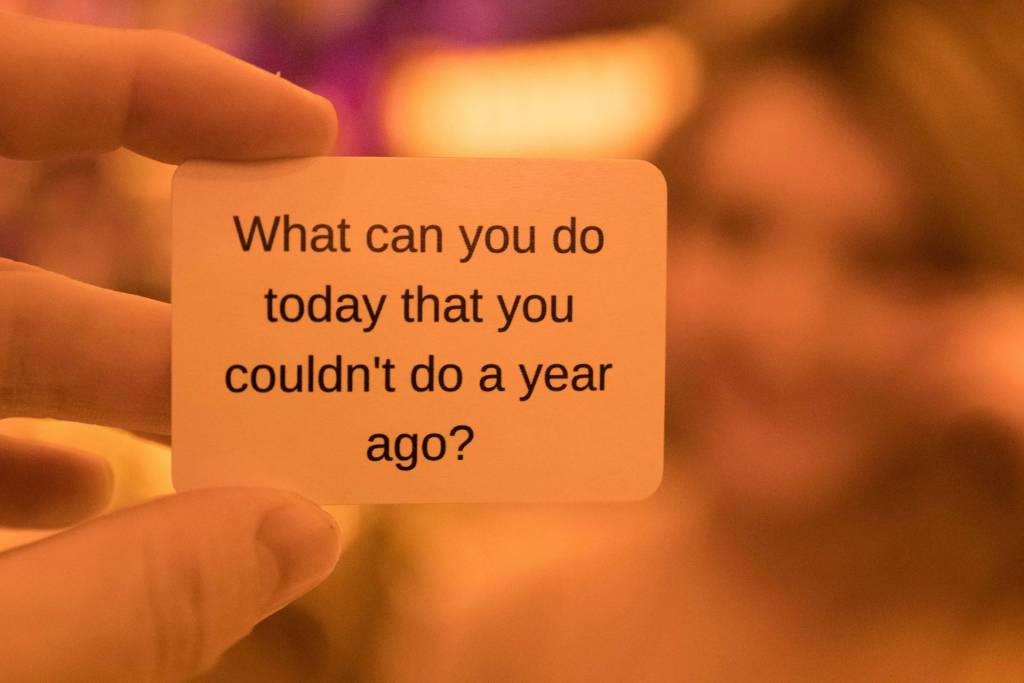If you have been around the sales and business owner block for a while, you understand the mental strength necessary to cope with rejection. Sometimes becoming numb to the rejection can be both a blessing and a curse. How many times have you submitted a proposal, giving free consults and went through presentations where the person didn’t end up doing any business with you?
The first few times your company gets rejected for a gig, you probably take it to heart and then put some thought into why the prospect declined the opportunity to work with you. But then after a while you probably become a bit immune to the rejection, and that is when you don’t even bother going back to watch the game tape.
The four reasons why people don’t buy or want your help comes down to ; No Need, No Money, No Time/Urgency, No Trust. We have already visited No Need and No Money, Today let’s look at No Time/Urgency.
No Time/No Urgency
No time is only one of the four reasons why people do not buy but it is probably the verbal objection that is used most frequently. I am really busy or too busy to do this right now is the most common mask to “I have no money,” “I don’t really see the need” or “I don’t trust you.”
If a prospect is balking at signing the deal because they have no time all of a sudden, then do not jump down their throat with a slick line to combat their excuse. Simply try to find the real issue if you think the timing isn’t the real issue. Use language like: “In addition to being very busy, is there any other reason?” If they give a different reply that still seems like it still isn’t the root cause of deferment, then ask again, “in addition to being very busy and ____________, are there any other reasons why this deal isn’t being acted upon?”
This well help you identify the true cause and also find out in a non-threatening way versus responding to every objection they have.
Grated time is everyone’s greatest asset, especially business owners, we need to figure out what no time is a mask for. Many times, no time just means that this issue isn’t a top priority in the prospects business or life at this point. They may have a big need but they do not have a burning desire to fix the problem. This can occur due to two reasons.
The first reason why it isn’t a priority could be because your sales cycle was too long and desire waned in between interactions. To prevent this in the future, get in the habit of sending follow up e-mails that outline the need, why it is important to that person based on your initial conversation and when the next meeting will be. Keep the problem and their desire to fix the problem in front of them if you will not see them in between your initial engagement.
If time lag isn’t the issue, then re-evaluate your initial interactions with the prospective client. You probably were very efficient of discovering the need but never asked the level of importance this issue was in the prospect’s life. In initial conversations, make sure there is ample time talking about the importance or desire they have in fixing the problem in addition to the actual landscape of the problem. This can prevent frustrating experiences for both you and the client.
If it truly is a timing issue then your balance of empathetic persistence needs to play out. If you are not listening to the prospect when they tell you that they have no time, and you still try to get back in front of them, you will probably botch any potential sale. Listen and gently follow up. Follow up language simply can sound like, “John, I know a few months back this was important to you so I wanted to make sure I did my job and reconnect. How do you feel about getting back together next week to see if anything has changed and I can give you some updates on my end ?”
People will tend to procrastinate when it comes to making final decisions and this also leads to a lack of waning urgency and desire between the interactions. If you need to set up a time to ink a deal, and you are aiming for “next Thursday at Noon” and the prospect says that day doesn’t work for them… we tend to default to saying, “how about the Thursday after that?” and push it out a week. Instead, why not say, “I will work hard on this and can get it to you by next Monday since you are busy next Thursday.” Bring the meeting closer to the present not further away from the wanted time.
About
Eddy Ricci, Jr., has been labeled as “the emerging expert in developing Gen Y sales professionals” by the chairman of Publicis Kaplan Thaler and is also noted as “understanding what motivates Gen Y sales teams. He is on my radar and should be on yours” by international speaker and NY Times bestselling author, Erik Qualman. He is the founder of The Growth Game, LLC. ,a professional development company and has authored a book that holds the same title. Eddy specializes in helping professionals and firms develop sales skills, leadership approaches and implement business development activity systems. He currently works with financial planning firms in the northeast where he has arguably worked with more gen-y financial planning professionals in the country.WWW.THEGROWTHGAME.COM












